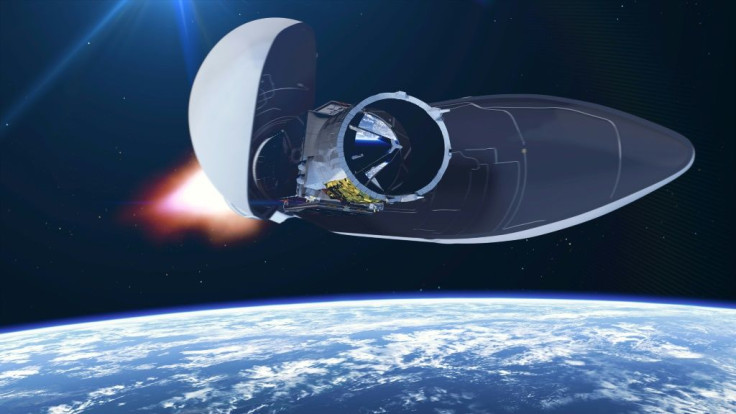EU Must Boost Spending In Space Or Be Squeezed Out: Experts

The EU needs to boost space funding and improve its strategy to compete with military superpowers and smaller upstarts, a panel of experts told MEPs on Tuesday.
The experts, including from the UN and the European Commission, said an estimated 60 percent of the world's economy depends directly or indirectly on "space tools" like satellite imaging, tracking and internet connectivity.
The EU faces competition not only from established players like the US, but also from emerging competitors like China, India, Iran and Singapore.
The experts highlighted the increasing willingness of major powers to move the military to the centre of their space strategy.
Carine Claeys, the EU's special envoy for space, called the US decision to set up a space command at the Pentagon a "a game changer".
She also flagged up plans by NATO to declare space a "warfighting domain" next month, a largely symbolic move that would focus the alliance's efforts on strategy in space.
The EU, however, has long been focused on a civilian approach, building the Galileo satnav network to rival the US GPS system or Russia's GLONASS.
Although the experts said the EU was taking its first timid steps towards a common defence structure, the bloc's funding was dwarfed by the US.
Claeys said SatCen, an EU agency that is meant to use satellite data to support Europe's common security policy, was "underfunded" and called for money from the bloc's long-term budget.
Another problem was that the EU still relied on the national capabilities of France, Italy and Brexit-bound Britain for much of its military technology in space.
Claeys said there had been some progress but called for a "larger harmonisation" of views to create a cohesive EU effort.
Similarly, Olivier Zajec, director of France's Institute for Strategy and Defence Studies, urged the EU to "take leadership", saying in a reference to the US that the bloc could "not depend on other actors, even allies".
With China and India making strides into space, and smaller countries such as Iran and Singapore honing their own ambitions, there were "jaws closing" on Europe's position as a space power, Zajec said.
Underlining the surge in countries' interest in the final frontier, the UN Office for Outer Space Affairs (UNOOSA) has recorded a "spike" in orbiting objects in recent years, its director Simonetta Di Pippo said.
"In the UNOOSA central register we have very close to 9,000 objects registered since 1957 -- out of which 20 percent were launched in only the past six years," she said.
rmb/arp/jxb/dl
© Copyright AFP {{Year}}. All rights reserved.





















